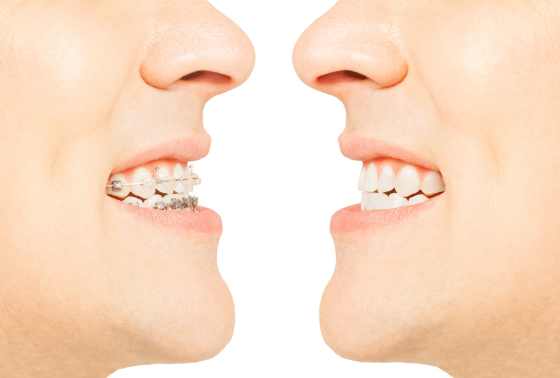Orthodontics and Jaw Alignment: Understanding the Importance of a Balanced Bite
Orthodontics and Jaw Alignment: Understanding the Importance of a Balanced Bite
Welcome to our latest blog where we dive into the fascinating world of orthodontics and jaw alignment. In this post, we’ll explore why having a balanced bite is crucial for your overall oral health and function. From common issues like TMJ disorders to how orthodontic treatment can help, let’s dive in!
The Significance of Proper Jaw Alignment
Proper jaw alignment, also known as occlusion, is essential for various aspects of oral health and function. When your upper and lower teeth come together harmoniously, it allows for efficient chewing, speaking, and even breathing. Additionally, a balanced bite helps distribute bite forces evenly, reducing the risk of excessive wear and tear on teeth.
Common Issues Related to Jaw Misalignment:
- TMJ Disorders: TMJ (temporomandibular joint) disorders are among the most common issues associated with jaw misalignment. These disorders can cause symptoms like jaw pain, clicking or popping noises, difficulty chewing, and headaches.
- Uneven Tooth Wear: When the jaws are misaligned, certain teeth may bear more pressure than others when biting and chewing. This uneven distribution of force can lead to premature wear and erosion of tooth enamel, increasing the risk of cavities and dental damage.
- Speech Impairments: Misaligned jaws can affect the positioning of the tongue and interfere with speech production, leading to speech impediments such as lisps or difficulty pronouncing certain sounds.
- Breathing Problems: In some cases, jaw misalignment can contribute to breathing difficulties, particularly during sleep. This can lead to issues like sleep apnea, where breathing repeatedly stops and starts during sleep.
How Orthodontic Treatment Can Help
Orthodontic treatment plays a crucial role in correcting jaw misalignment and restoring a balanced bite. By using braces, clear aligners, or other orthodontic appliances, orthodontists can gradually move the teeth into proper alignment, which, in turn, helps to realign the jaws.
Conclusion
In conclusion, proper jaw alignment is essential for maintaining optimal oral health and function. From TMJ disorders to speech impairments, the consequences of jaw misalignment can significantly impact daily life. However, with orthodontic treatment, these issues can often be effectively addressed, leading to improved oral health, comfort, and overall well-being.
Remember, if you’re experiencing any symptoms of jaw misalignment or TMJ disorders, it’s essential to consult with an orthodontist who can assess your condition and recommend the most appropriate treatment options.






